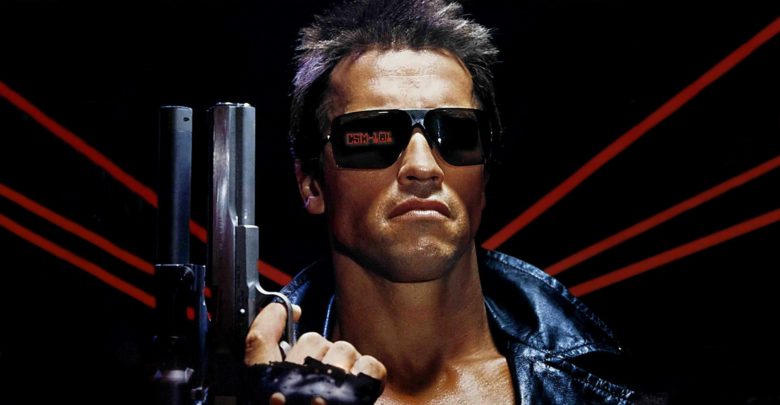AI in TV is not ‘The Terminator,’ But Risks Exist
There’s no denying AI and machine learning are having some profound positive effects on television and its workflows

Filmmaker James Cameron stamped some indelible images into the minds of fans of “The Terminator.” In his post-apocalyptic world where AI-driven Skynet unleashed a nuclear holocaust, that same artificial intelligence set about a cleanup operation driving gun-wielding killer robots to handle the survivors, crushing human skulls under metal feet in the process.
No wonder the public is worried about AI. So too are AI leaders, scholars and public figures. In May, a statement from the Center for AI Safety expressed their concerns about the “severe risks” advanced AI poses.
“Mitigating the risk of extinction from AI should be a global priority alongside other societal-scale risks such as pandemic and nuclear war,” it said.
While they may be right, there’s no denying AI and machine learning are having some profound positive effects on television and its workflows. From optimizing video compression to achieve greater efficiencies and automatically generating closed captions to driving content recommendation and enriching metadata, AI/ML is improving the M&E industry.
However, that doesn’t mean broadcasters are immune to potential peril—not apocalyptic in nature when it comes to society, but perhaps to themselves.
If one starts with the premise that trust based on credibility is the foundation upon which television newsrooms (whether on-air, online or via social media) build audiences and ratings and ultimately generate revenue for their organizations, it should not be too hard to see some of the potential dangers of advanced AI.
The Center for AI Safety lists eight examples of AI Risks on its website, at least four of which could seriously erode viewer trust. They include: misinformation, proxy gaming, value lock-in and deception. I won’t elaborate here because they are easy enough to read about on the center’s website.
The key to guarding against these possible threats and others at this point unknown is good journalism, including all of the leg work that goes into reporting a story and consistently checking facts.
Could something slip by on occasion? Sure, that’s the nature of the business. But promoting excellence in journalism should make AI-generated deceptions, misinformation and other possible pitfalls rare occurrences.
Get the TV Tech Newsletter
The professional video industry's #1 source for news, trends and product and tech information. Sign up below.
Phil Kurz is a contributing editor to TV Tech. He has written about TV and video technology for more than 30 years and served as editor of three leading industry magazines. He earned a Bachelor of Journalism and a Master’s Degree in Journalism from the University of Missouri-Columbia School of Journalism.

